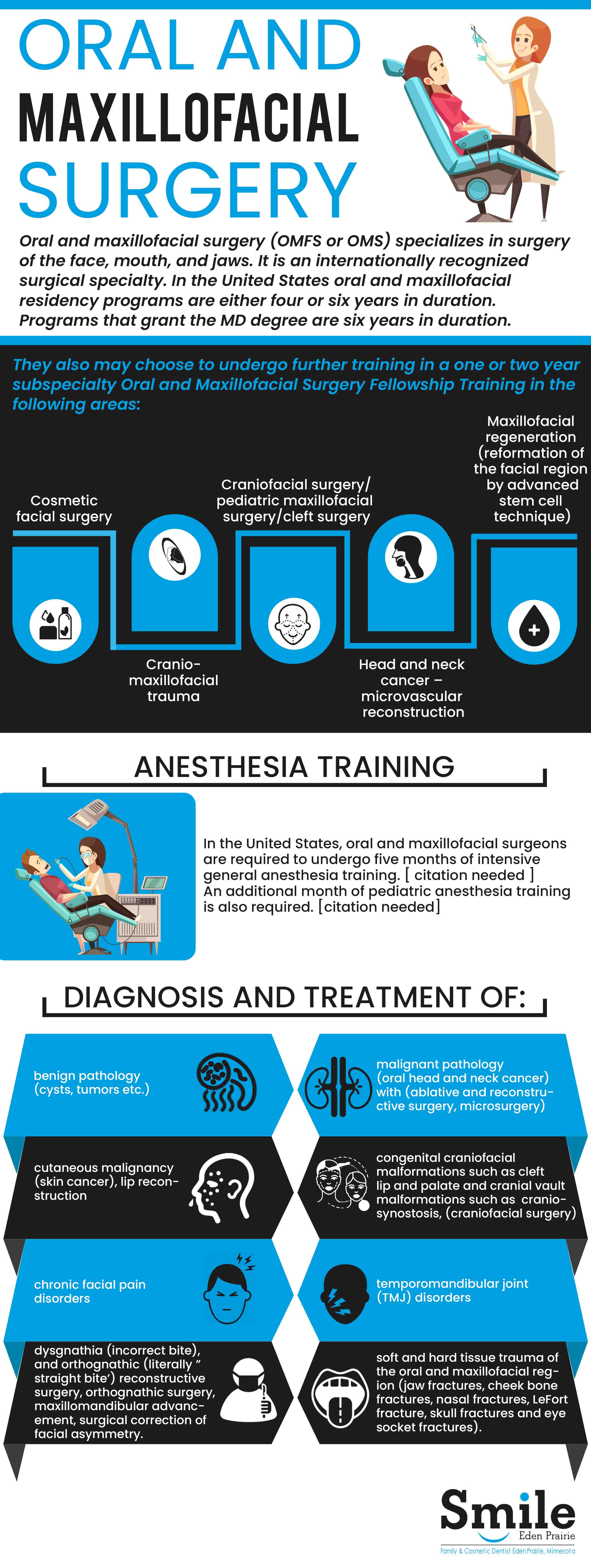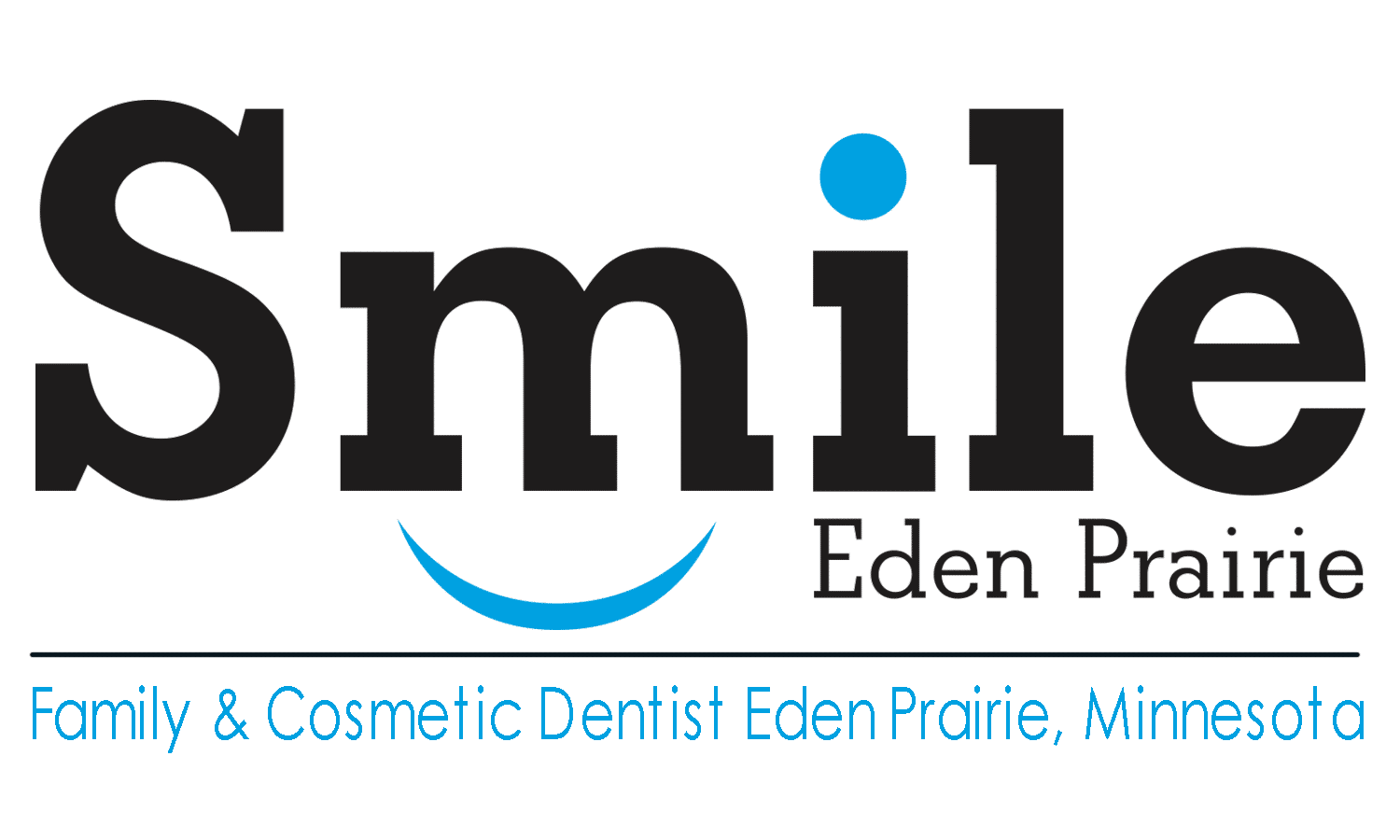Branches of Dentistry: Oral and maxillofacial surgery
Oral and maxillofacial surgery (OMFS or OMS) is the specialization in surgery of the face, mouth and jaws. It is recognized internationally as a surgical specialty. After obtaining a degree in dentistry, the oral and maxillofacial surgery residency may or may not include a medical degree, depending on the program.
Summary
An oral and maxillofacial surgeon is surgical specialist who is qualified to treat the entire craniomaxillofacial complex. This includes the following areas: the mouth, jaws, face, skull and all associated structures.
Maxillofacial surgeons can obtain additional training in dentistry, surgery and general medicine. The OMS may receive medical training and qualifications even if they are not required.
Oral and maxillofacial surgery is accepted and recognized as a dental specialty. In many countries, however, maxillofacial surgery is considered a medical specialty which requires both a medical and dental degree. Regardless of the region, all oral and maxillofacial surgeons must first obtain a degree in dentistry prior to starting their oral and maxillofacial surgery residency. In the United States, oral and maxillofacial residency programs last four to six years. Programs which include a medical degree take six years to complete.
Residents may also choose to pursue additional training in a fellowship program. These subspecialty programs typically last one to two years and are provided in the following areas:
- Cosmetic facial surgery
- Cranio-maxillofacial trauma
- Craniofacial surgery and pediatric maxillofacial surgery or cleft surgery
- Head and neck cancer
- Maxillofacial regeneration, reformation of the facial region using an advanced stem cell technique
Surgical procedures
Oral and maxillofacial surgeons can perform a variety of treatments on the mouth, jaws, face, neck and skull. Some of the common treatments performed are listed below.
- Dentoalveolar surgery which includes the removal of impacted teeth, complex tooth extractions, extractions on high risk patients, bone grafting or pre-prosthetic surgery. Pre-prosthetic surgery creates improved anatomy for the placement of implants, dentures or other types of dental prostheses.
- Surgery to insert bone fused dental implants and maxillofacial implants. Maxillofacial implants are used to attach craniofacial prostheses and are also used to anchor hearing aids.
- Cosmetic surgery on the head or neck regions. Common cosmetic surgeries include: facelifts, browlifts, blepharoplasty/, otoplasty, rhinoplasty, septoplasty, cheek augmentation, chin augmentation, genioplasty, oculoplastics, neck liposuction, hair transplantation and lip enhancements. Cosmetic surgery also includes injectable cosmetic treatments such as Botox, fillers, platelet rich plasma, stem cells, chemical peel and mesotherapy.
- Orthognathic surgery, the surgical treatment or correction of dentofacial deformities, management of facial trauma, and sleep apnea
- The diagnosis and treatment of the following:
- benign pathology which includes cysts and tumors
- malignant pathology including oral, head and neck cancer. The use of ablative and reconstructive surgery or microsurgery.
- cutaneous malignancy or skin cancer and lip reconstruction
- congenital craniofacial malformations like cleft lip and palate or cranial vault malformations such as craniosynostosis
- chronic facial pain disorders
- temporomandibular joint (TMJ) disorders
- dysgnathia or the treatment of an incorrect bite, and orthognathic reconstructive surgery, orthognathic surgery, maxillomandibular advancement and surgically correcting facial asymmetry
- soft and hard tissue trauma of the oral and maxillofacial region which includes jaw fractures, cheek bone fractures, nasal fractures, LeFort fracture, skull fractures and eye socket fractures

